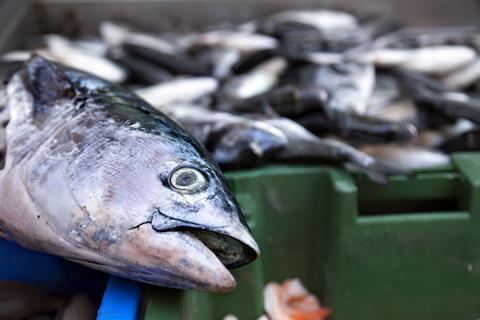
Brexit red tape has cost Scottish salmon producers up to £100m, according to a trade body.
Around 44,000 tonnes of Scottish salmon were exported to the bloc in 2023 – a decrease of 17% from the 53,000 tonnes exported in 2019, Salmon Scotland data showed.
Export values to the EU were only down 3% to £356m last year, mainly because strong global demand and inflation drove up prices.
But if the sector had maintained volumes at 2019 levels, then sales would have been above £430m, the trade group said.
“That means there has been a net ‘loss’ of around £75m, or up to £100m had the sector grown at the rate previously expected,” it revealed last week.
Scottish salmon is one of the UK’s largest food exports, but farming companies have faced increased bureaucracy and costs since the UK left the EU.
“Despite soaring sales to Asia and the US, the EU is still the most significant region for our exports, accounting for more than 60% of international sales”, said Salmon Scotland CEO Tavish Scott.
“The world-renowned quality of nutritious low-carbon Scottish salmon means that we could significantly grow markets such as Spain, Italy and the Netherlands.
“But Brexit red tape continues to hold back the potential of Scottish exports, despite the hard work and investment put in by farmers to address the issues.”
The Brexit impact of lost sales does not include the £3m-a-year cost to farming companies because of the lack of an e-certification scheme for export health certificates (EHCs), as well as issues with the current “outdated system”, the group added.
In contrast to the majority of the country, where over 60% of people voted to stay in the EU, many Scottish coastal towns voted for Brexit in 2016, in hopes Britain could have larger fishing quotas and pursue better trade deals without being restrained by the bloc’s rules.
But salmon farmers have dealt with an array of bureaucratic challenges since the EU exit, including significant paperwork and processes that have led to delays of consignments and left them at a competitive disadvantage, Salmon Scotland claimed.
The upcoming border controls coming into place at the end of next month also bring in a raft of new import requirements for the feed sector, which could further push up prices for salmon farmers.
Salmon Scotland is calling for reduced friction with the bloc amid government talks into the EU-UK Trade and Cooperation Agreement (TCA), which is up for review after the general election.
The sector wants a vet agreement between London and Brussels, which could significantly reduce Sanitary & Phytosanitary (SPS) checks at the border.
Rishi Sunak’s government has largely distanced itself from the idea of an SPS agreement with the EU, which other sectors heavily influenced by the forthcoming border checks such as meat and fresh produce have also asked.
However, Keir Starmer has previously pledged to negotiate a deal with Brussels to reduce trade friction.
“We need the next UK government – whatever formation it is – to ease the burden on exporters so that sectors like ours can sell more Scottish produce, delivering economic growth and creating jobs here at home,” Scott said.
The Brexit impact has been somewhat mitigated by growth in other markets, particularly a 7% increase to Asia and a 22% increase to the US.
But salmon exports as a whole have declined by around 8% in 2023, recent trade data by the FDF showed.
Total food and drink exports stood at £24.3bn, a 2.0% decline from last year, with non-EU markets “struggling to keep the same pace as in previous years”, the FDF warned.







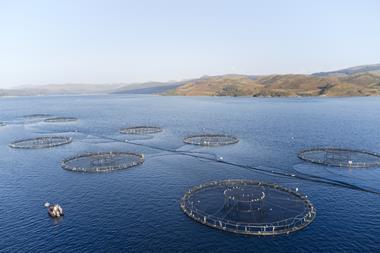




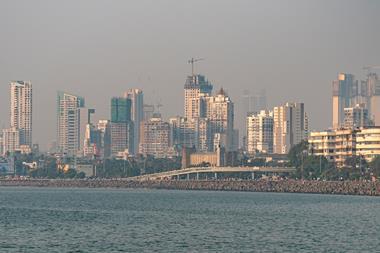

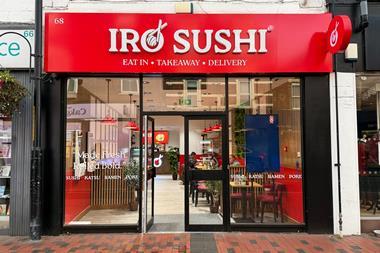



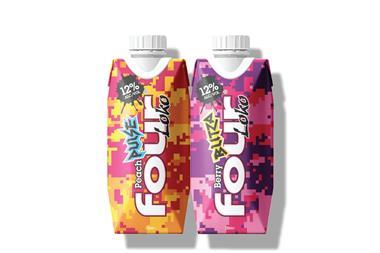
No comments yet